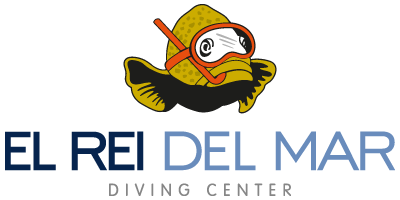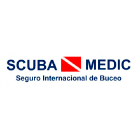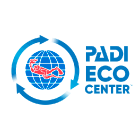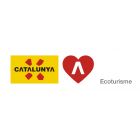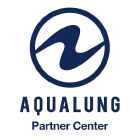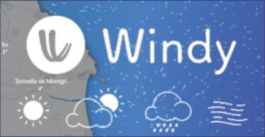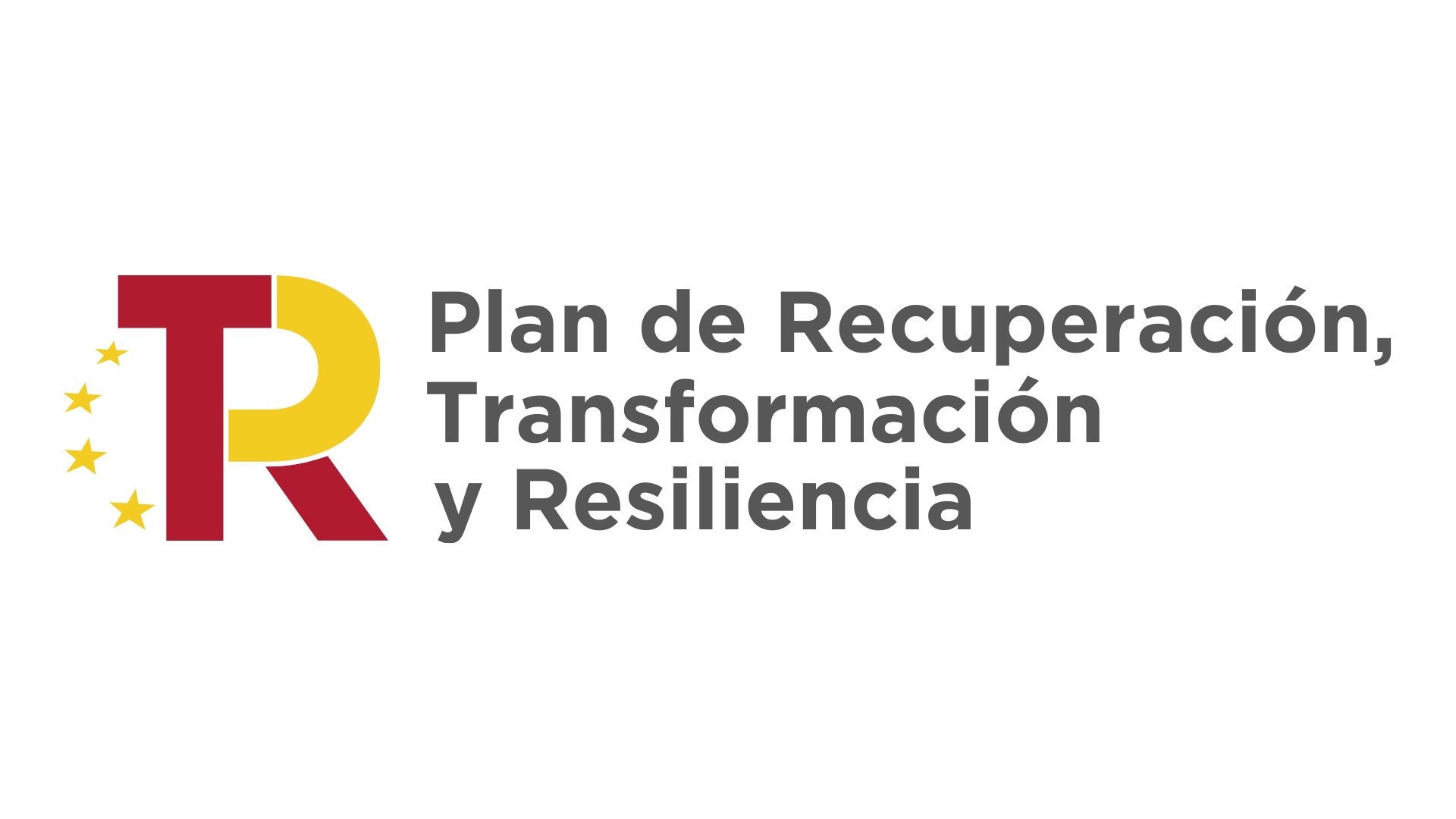Plain
The Ter river, wetlands and rice fields
At its final stretch, the Ter behaves like a typical Mediterranean estuary; the mix of freshwater and seawater creates variable salinity and nutrient conditions.
The freshwater wetlands, formed from the interaction of the Ter and Daró rivers and the action of marine currents, are ecosystems of high environmental value.
The Baix Ter wetlands are humid areas, resulting from the interaction of the Ter and Daró rivers with the sea, under significant tourism pressure; for this reason, several natural space restoration programs have been carried out with European Union Life funding.
Rice, a long-standing tradition in Torroella de Montgrí and Pals, is compatible with wetland conservation, and in spring the fields become large sheets of water.
The rice fields are the pantry for countless birds that feed on the associated fauna. Stilts, herons and various waders can be seen throughout the year. The different varieties of Pals rice are well known for their quality.
Text: Guide to the Montgrí, Medes Islands and Baix Ter Natural Park
